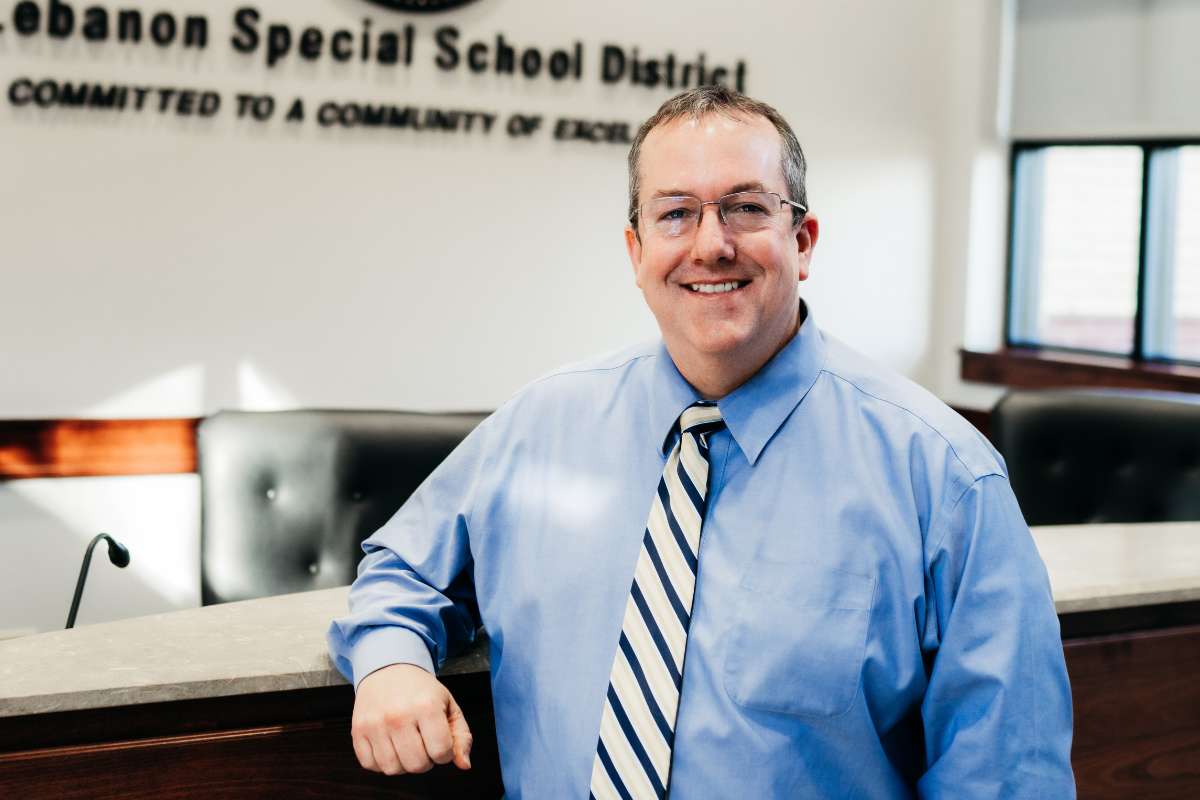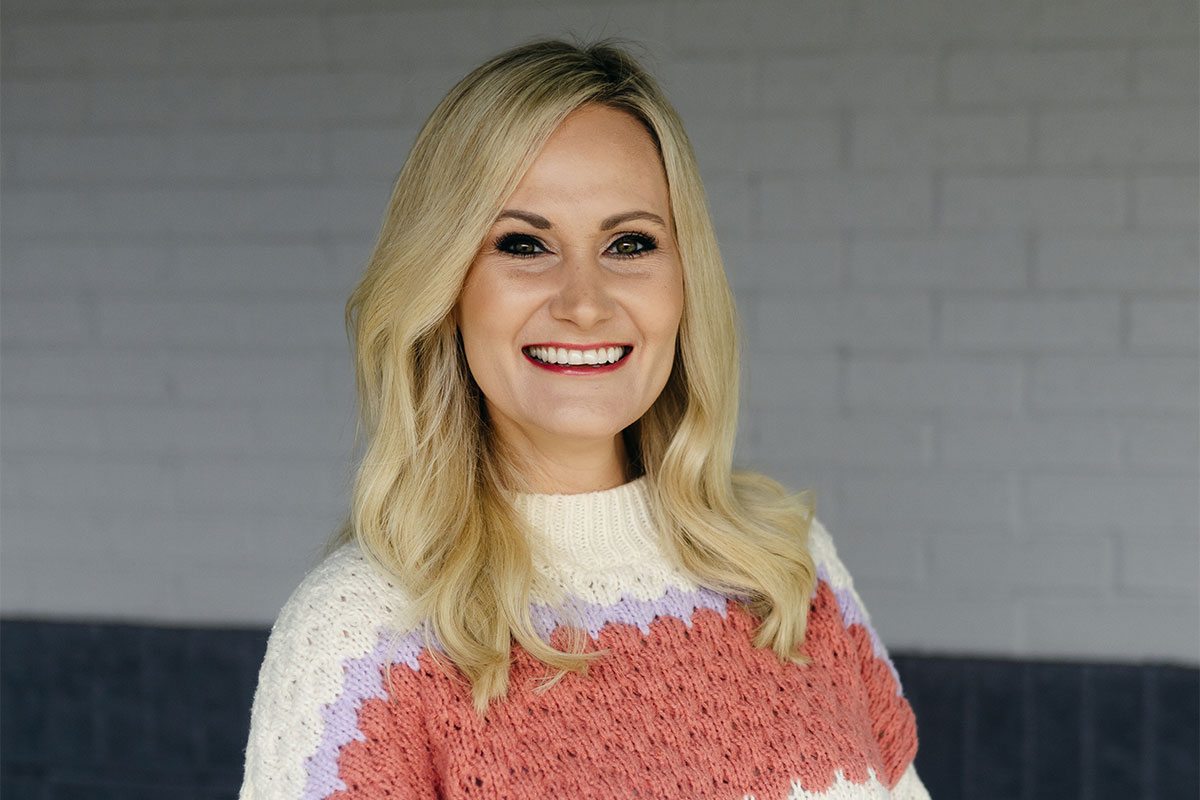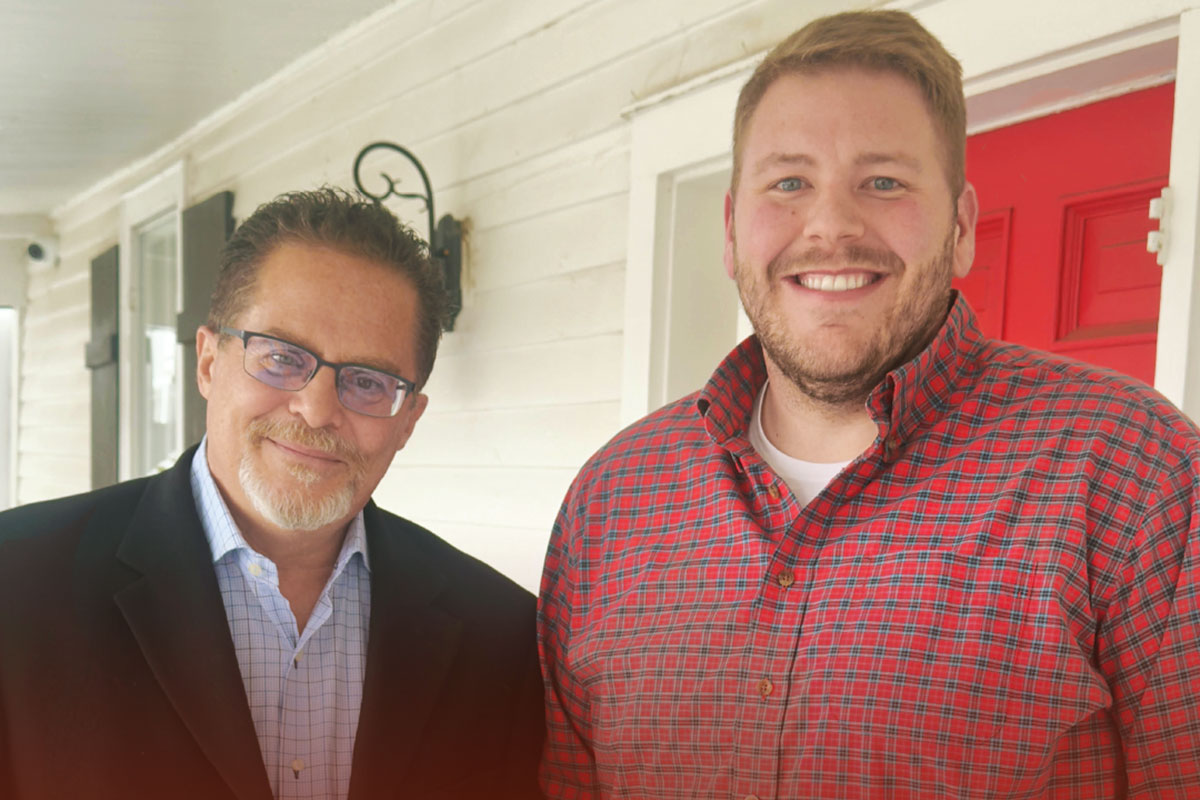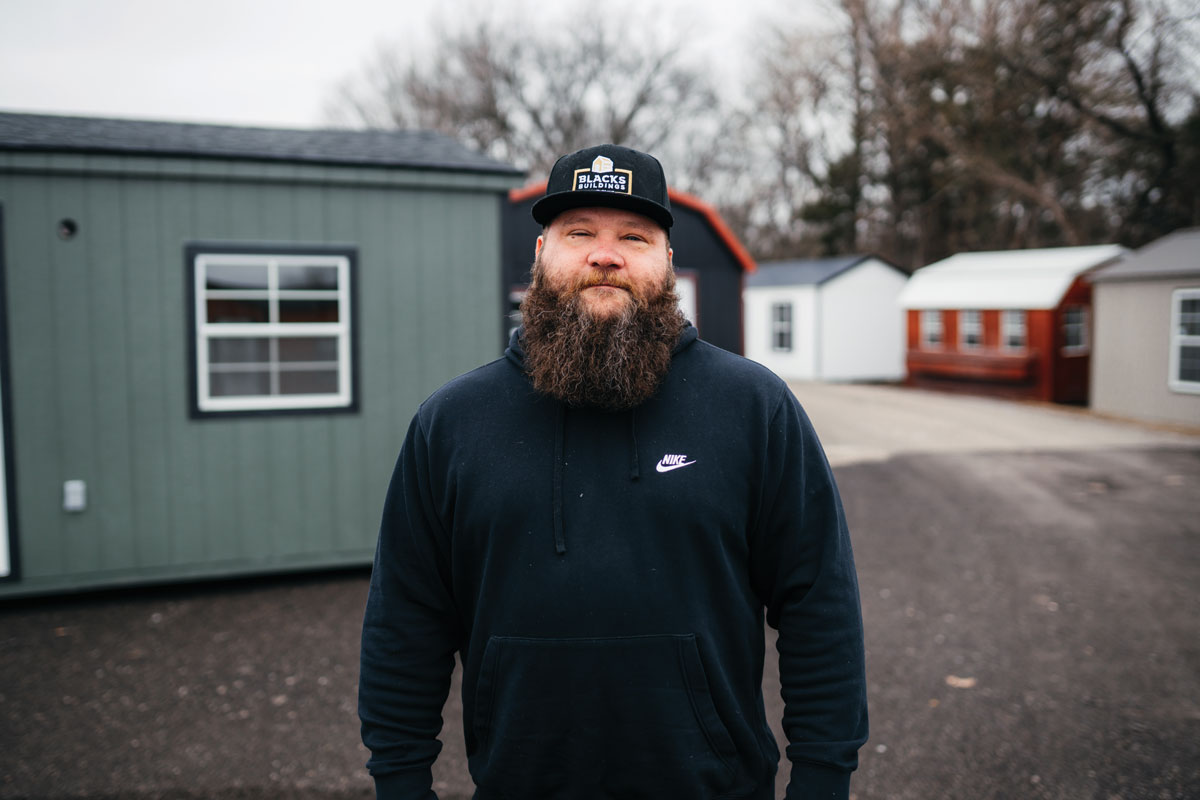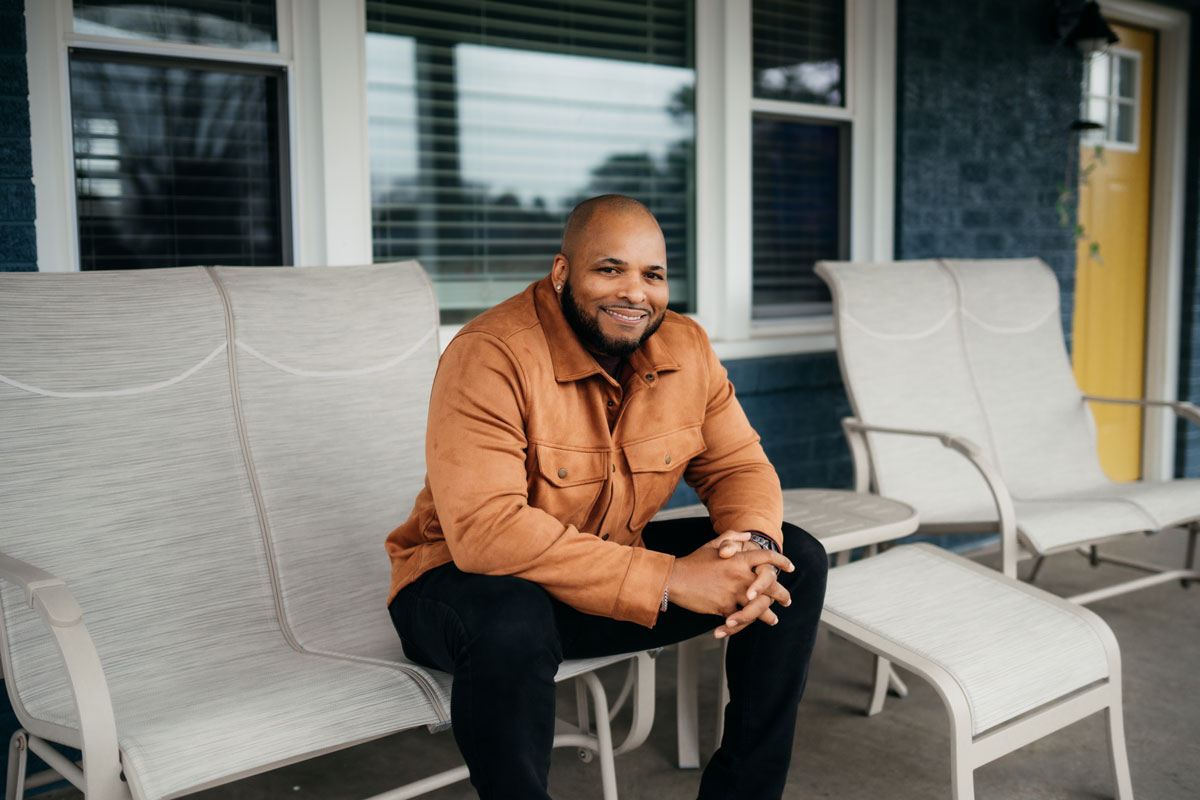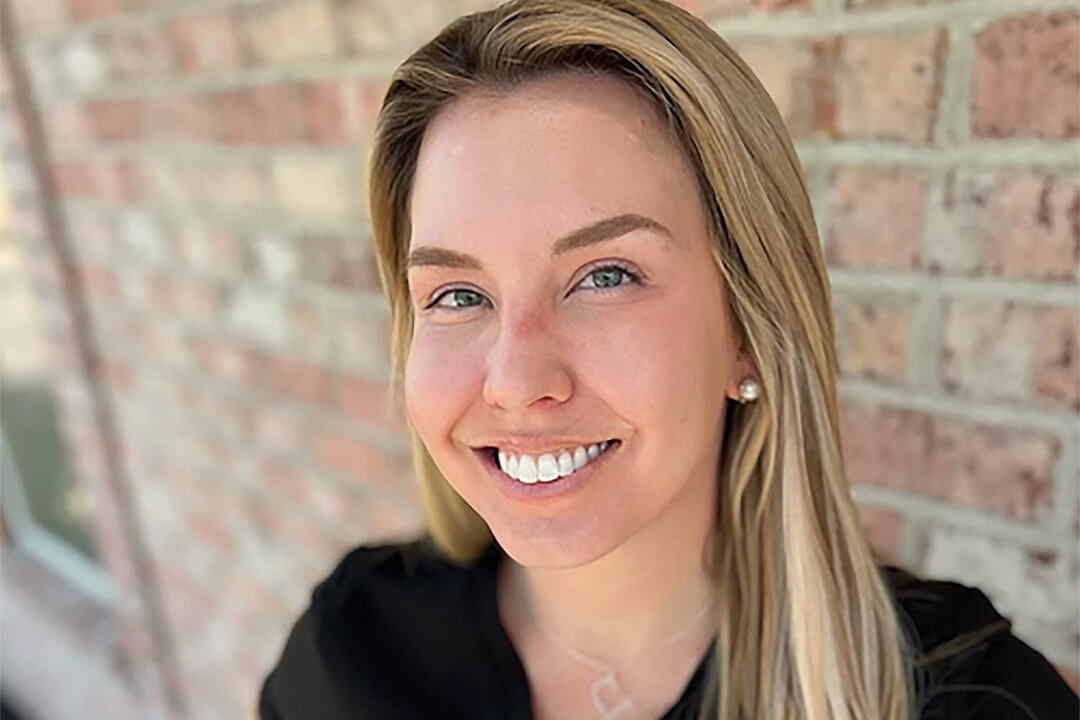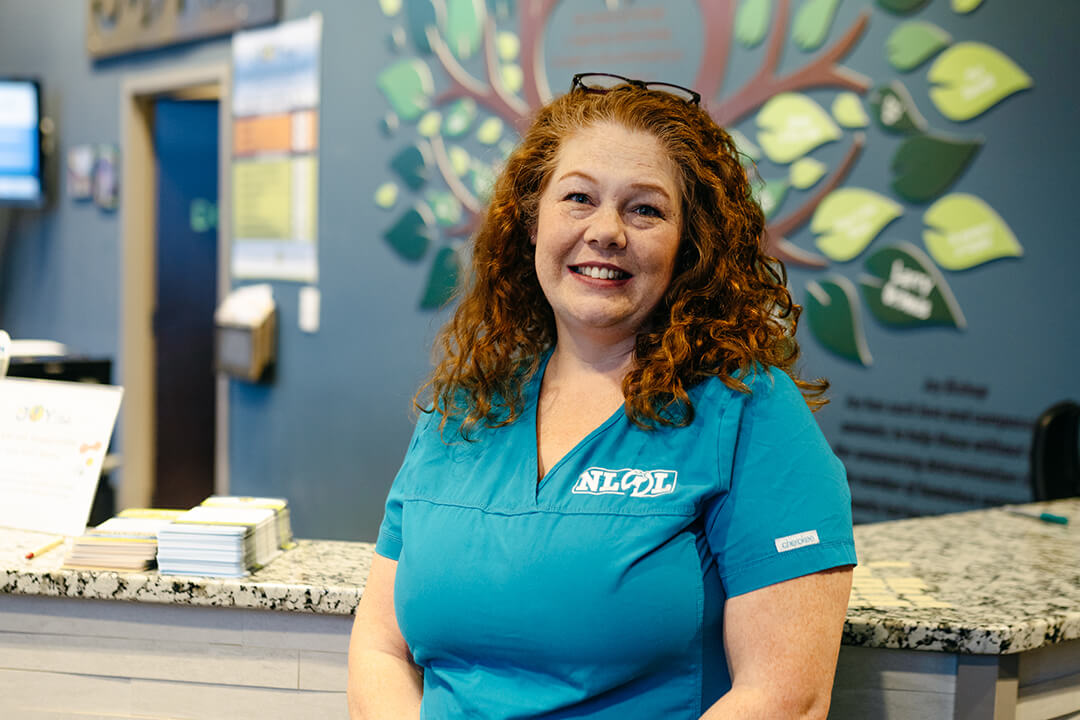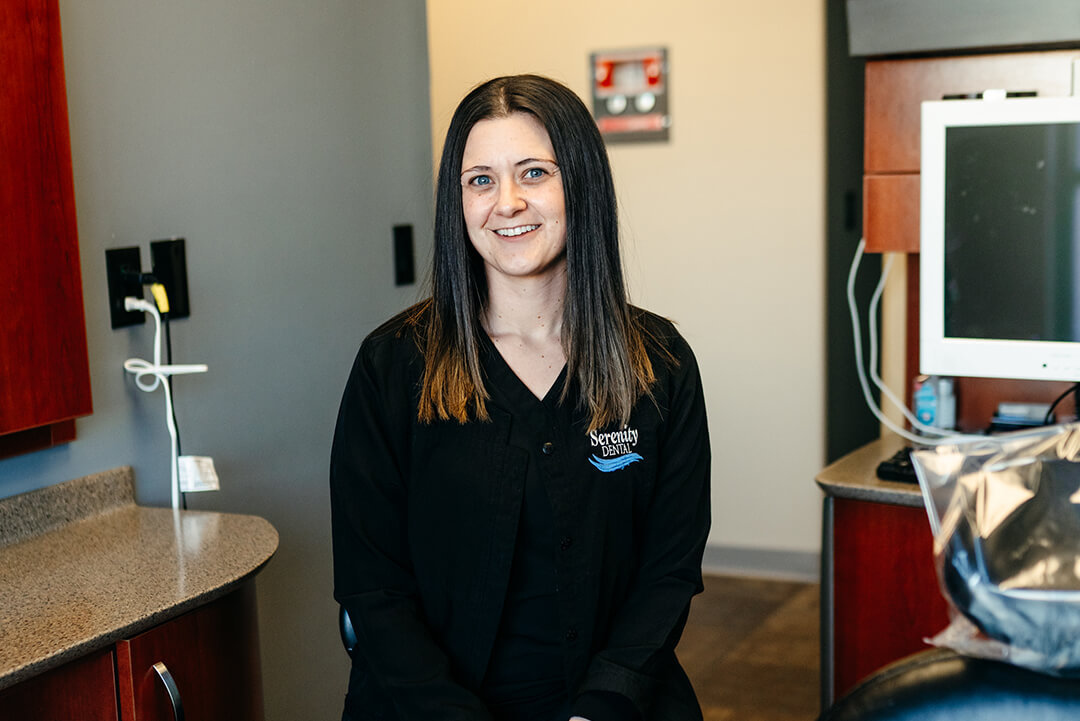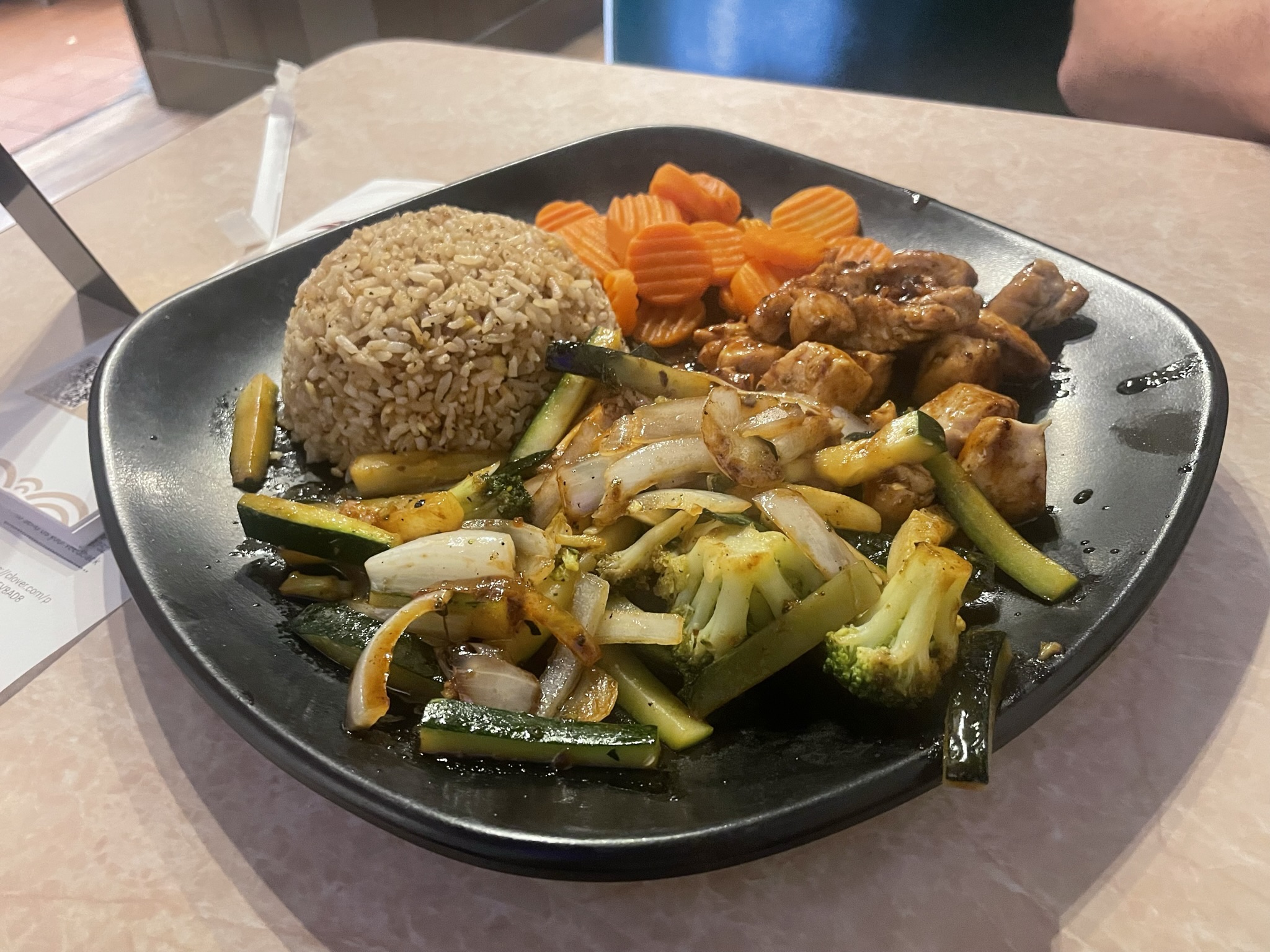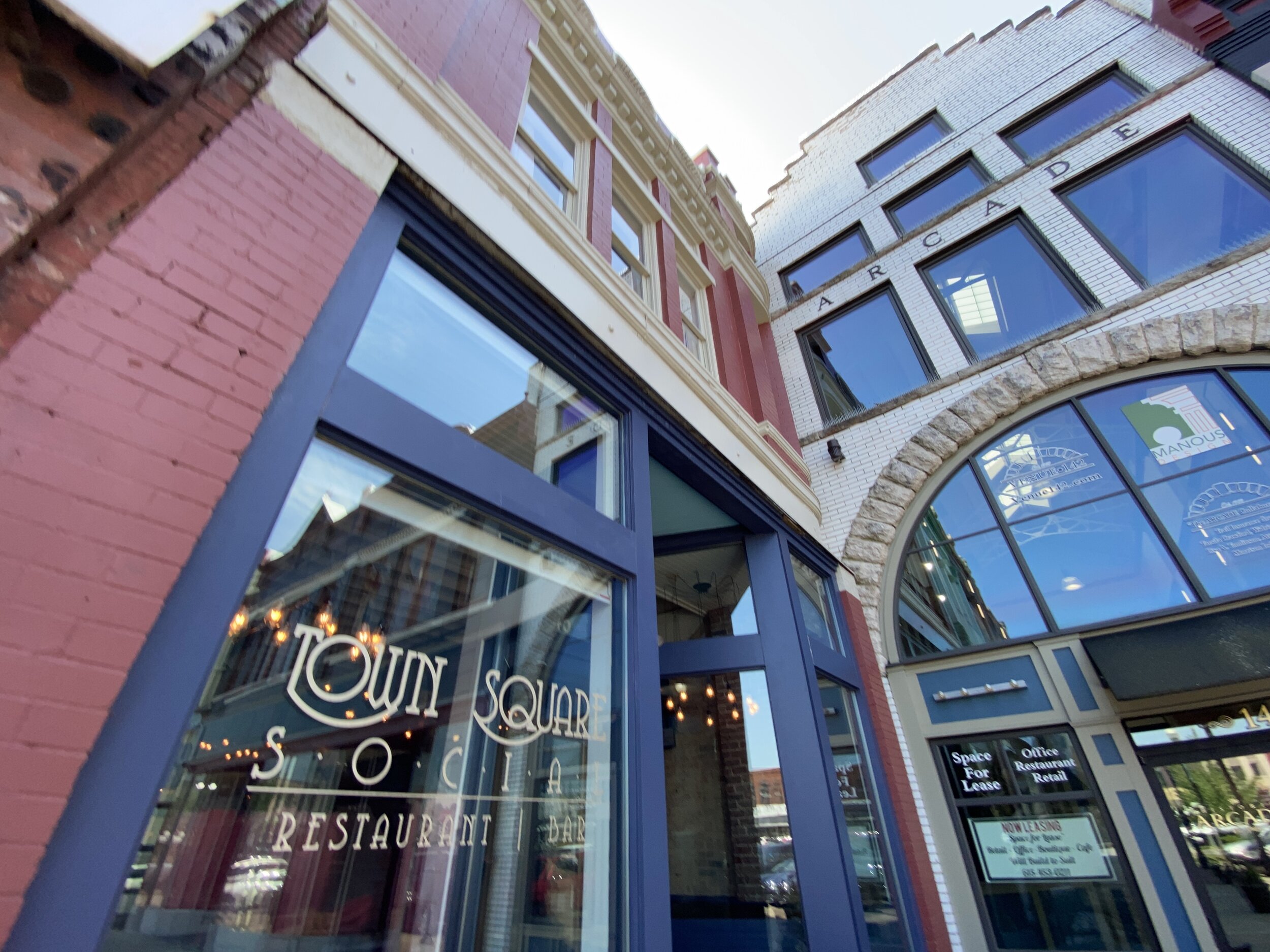WOMEN WHO have experienced trauma — suffering from the aftermath of human trafficking, addictions, assault, domestic violence, and more — are the people to whom Kelly Orlowski is dedicating her life to help. Her work with recovering women has blossomed into a safe haven for those looking for new life.
Located on Lebanon’s public square on East Main Street, Sunday Seed Supply sells flowers, gardening and outdoor accessories, candles, soap, lotion, art, decor, apparel, and other items. When customers walk up to the store, they see a beautiful, historic brick building with creatively presented art displays and flowers, along with uplifting music inside. On the shop’s side, there is a mural depicting blue and red flowers. A large yellow stem runs across the wall, from which hangs a blue swing.
The whole scenery of the mural encircles the Bible verse Isaiah 40:8, “The grass withers, the flower fades, but the word of our God stands forever.”
The hope is to make people feel inspired and point them toward heaven.
Born and raised in Phoenix, Orlowski moved to Tennessee in 2019 with her husband and children. Through her work with recovering women, she learned how essential trauma-informed employment was for healing. She became inspired to start The Sunday Farm and Apiary in Lascassas and later Sunday Seed Supply.

“That’s how our business started, with planting seeds and growing flowers and realizing that was helpful, and then started hiring people who would come along and do that,” Orlowski said.
At the 32-acre farm, they raise bees to make honey and wax, plant seeds to grow flowers, and care for rescue animals — including donkeys and sheep. A large garden is set up, while the bee field rests in the back. Chickens also roam, producing eggs. The venture started with a couple of women coming with Orlowski to the farm, but she soon discovered the hardship for people coming to work due to the farm’s remote location. That’s when the shop in Lebanon came into play.
“There’s the farm part, where I live and where I’m growing all those things, and then we have the shop, which has grown into a nonprofit organization because our main purpose and the whole reason I moved to this area and started the farm was to meet the vocational needs of women coming out of trauma situations and addictions.”
From working with different nonprofit organizations throughout her career, Orlowski knew women who had experienced trauma were strained to find decent employment. Sunday Seed Supply became that place. They are paid a livable wage and offered a healing community. On Tuesdays, these women tend the farm. Wednesdays through Saturdays, they spend their time running the shop. The employees are taught various job skills as they discover their true inspirations in life. Orlowski’s hope is for each woman to grow in understanding her value, receive spiritual support, and learn new job skills in an atmosphere where every day resonates with the peace and rest of Sunday.

“I named it The Sunday Farm because I wanted the women who worked with us to feel like this was a work that felt like rest so that it would be Sunday every day.”
These women grew in the environment provided. One creative employee developed an idea for a candle project, pouring her soul and time into creating a wonderful piece. Nerves told her no one would like it, but fears were proven wrong as the first customer who walked through the doors on the candle’s first day on the stand purchased the piece. Another woman with a green thumb trails life, displaying beauty with the plants she grows. Customers, along with Orlowski, see the value each woman possesses, even if the previously oppressed women did not initially recognize that worth within themselves. These women now serve as the managers of the shop.
Like with any business, challenges have arisen, including financial ones. She wants to be able to hire more women on the employment waitlist but can only do so once sales and donations grow. The nonprofit accepts volunteers, who can still receive all the benefits of working at the business. Orlowski wants to grow exponentially but is patient and sees God’s provision. She knows funds and sales will come and go, but she views the work in comparison to Isaiah 40:8.
“We’re working on so many perishable things in the shop, but the real imperishable thing that we’re sowing into is encouraging people through God’s truth that each woman is valuable, capable, and so much more than what trauma has led her to believe.” GN









